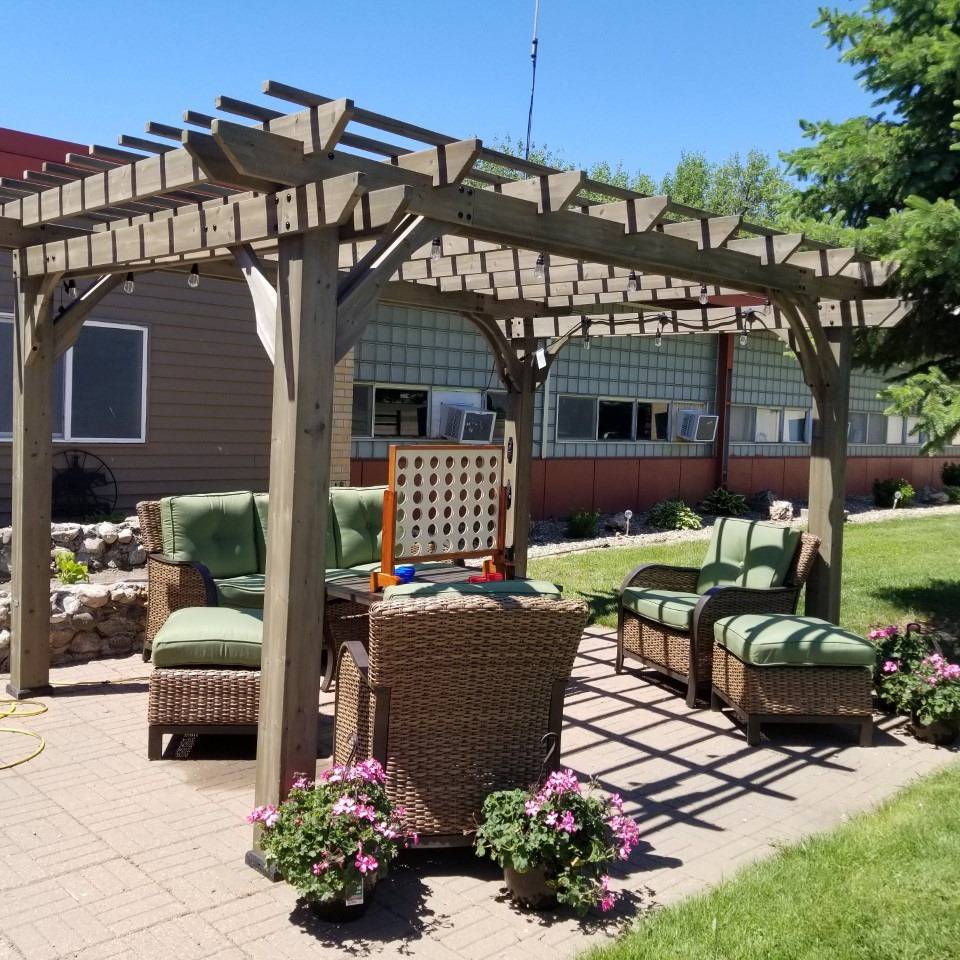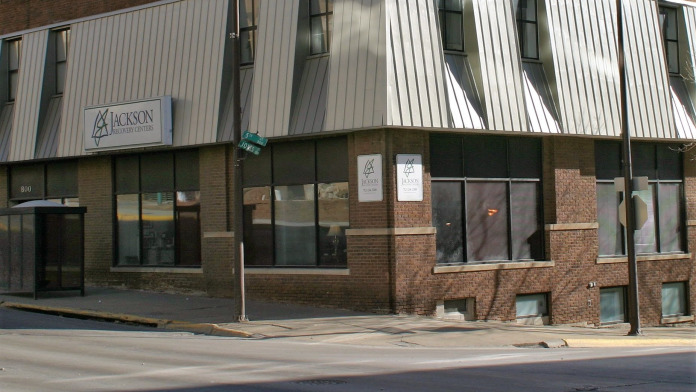About ACS Crisis Residential
Dacotah Foundation is a non-profit organization that’s been helping the less fortunate since 1970. They provide residential services including transitional, permanent and crisis stabilization.
The Alternative Care Services (ACS) Crisis Stabilization facility is located in Bismarck, North Dakota. Here, they care for adults who are experiencing a substance use or mental health crisis.
Crisis Stabilization in Bismarck
Adults over 18 can get inpatient care in this South Bismarck facility. If you are struggling with mental health or substance use symptoms, ACS can help.
This crisis residential unit offers 15 beds. It is staffed 24/7 and accepts clients anytime, day or night.
New clients can walk in for an assessment and referral. Depending on your immediate needs and the results of your assessment, you may be admitted to the residential unit.
Here, clients are monitored around the clock and receive supportive interventions. I appreciate that they offer wrap-around care in the triage and assessment area, so that even if this facility is not the right fit for your needs, you won’t walk away empty handed.
Staff in both the residential unit and the assessment area provide emotional support and safety monitoring. They offer withdrawal management services and psychiatric stabilization support.
Transitional and Permanent Supportive Residence
Also located in South Bismarck, Dacotah Foundation runs a transitional living residence. This is for folks who have a serious mental illness which can include co-occurring substance use disorders.
Staff are on-site and awake 24/7 to support residents. Edwinton Place is a permanent supportive housing complex for homeless individuals. There are 40 units available.
Latest Reviews
Rehab Score
Location
Addiction Treatments
Levels of Care
Outpatient Programs (OP) are for those seeking mental rehab or drug rehab, but who also stay at home every night. The main difference between outpatient treatment (OP) and intensive outpatient treatment (IOP) lies in the amount of hours the patient spends at the facility. Most of the time an outpatient program is designed for someone who has completed an inpatient stay and is looking to continue their growth in recovery. Outpatient is not meant to be the starting point, it is commonly referred to as aftercare.
Drug and alcohol addiction often takes a heavy toll on one's body. Over time, a physical dependence can develop, meaning the body physiologically needs the substance to function. Detox is the process of removing drugs and/or alcohol from the body, a process that can be lethal if mismanaged. Medical detox is done by licensed medical professionals who monitor vital signs and keep you safe, healthy, and as comfortable as possible as you go through detox and withdrawal.
Residential treatment programs are those that offer housing and meals in addition to substance abuse treatment. Rehab facilities that offer residential treatment allow patients to focus solely on recovery, in an environment totally separate from their lives. Some rehab centers specialize in short-term residential treatment (a few days to a week or two), while others solely provide treatment on a long-term basis (several weeks to months). Some offer both, and tailor treatment to the patient's individual requirements.
Treatments
The goal of treatment for alcoholism is abstinence. Those with poor social support, poor motivation, or psychiatric disorders tend to relapse within a few years of treatment. For these people, success is measured by longer periods of abstinence, reduced use of alcohol, better health, and improved social functioning. Recovery and Maintenance are usually based on 12 step programs and AA meetings.
The goal of drug rehab in North Dakota is to help individuals overcome addiction. These programs provide treatment for both mind and body and teach participants how to live healthy, productive lives without drug abuse.
Opioid rehabs specialize in supporting those recovering from opioid addiction. They treat those suffering from addiction to illegal opioids like heroin, as well as prescription drugs like oxycodone. These centers typically combine both physical as well as mental and emotional support to help stop addiction. Physical support often includes medical detox and subsequent medical support (including medication), and mental support includes in-depth therapy to address the underlying causes of addiction.
Substance rehabs focus on helping individuals recover from substance abuse, including alcohol and drug addiction (both illegal and prescription drugs). They often include the opportunity to engage in both individual as well as group therapy.
Programs
Adult rehab programs include therapies tailored to each client's specific needs, goals, and recovery progress. They are tailored to the specific challenges adult clients may face, including family and work pressures and commitments. From inpatient and residential treatment to various levels of outpatient services, there are many options available. Some facilities also help adults work through co-occurring conditions, like anxiety, that can accompany addiction.
Young adulthood can be an exciting, yet difficult, time of transition. Individuals in their late teens to mid-20s face unique stressors related to school, jobs, families, and social circles, which can lead to a rise in substance use. Rehab centers with dedicated young adult programs will include activities and amenities that cater to this age group, with an emphasis on specialized counseling, peer socialization, and ongoing aftercare.
Clinical Services
Group therapy is any therapeutic work that happens in a group (not one-on-one). There are a number of different group therapy modalities, including support groups, experiential therapy, psycho-education, and more. Group therapy involves treatment as well as processing interaction between group members.
Contact Information
3230 East Thayer Avenue
Bismarck, ND 58504


